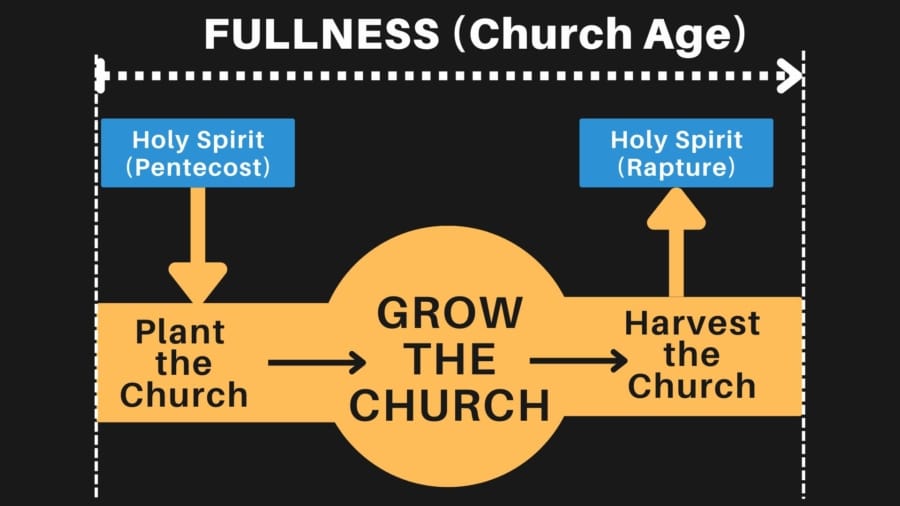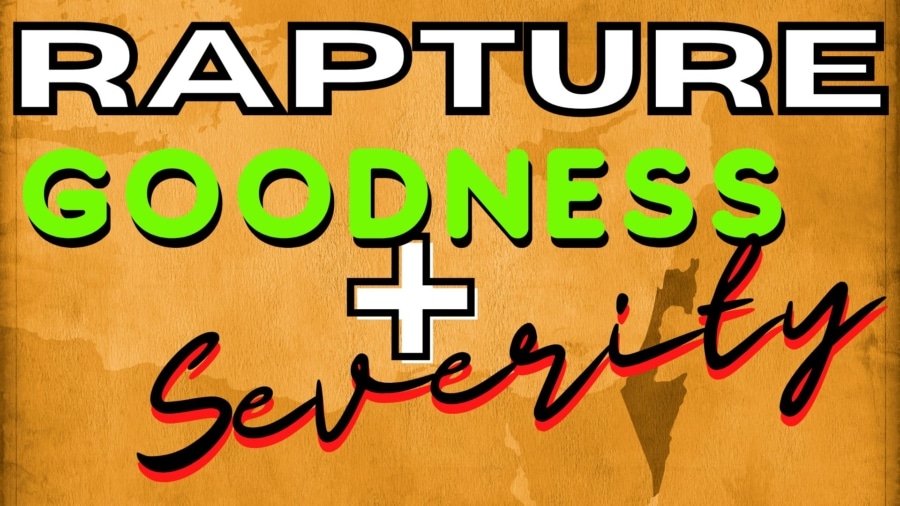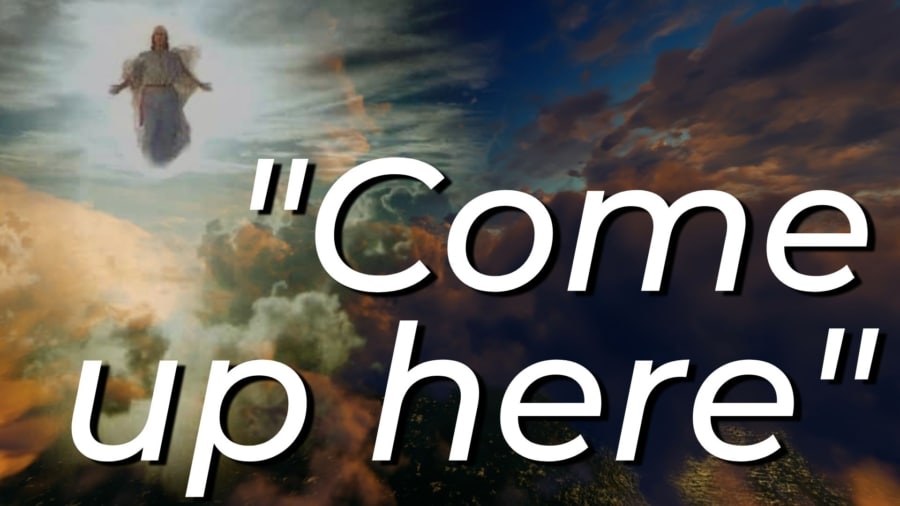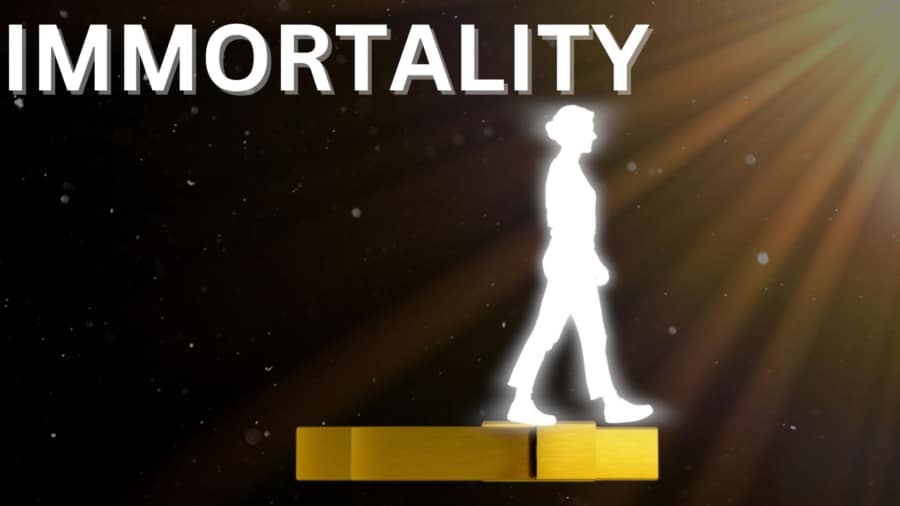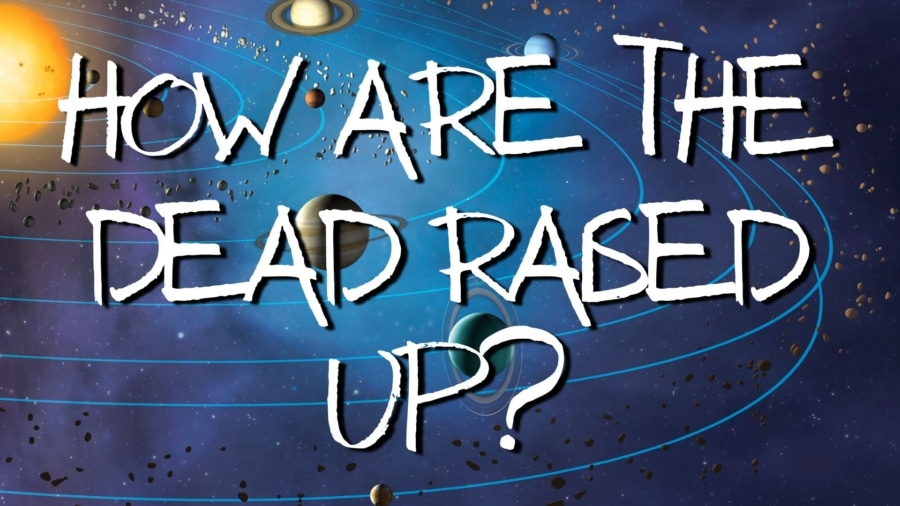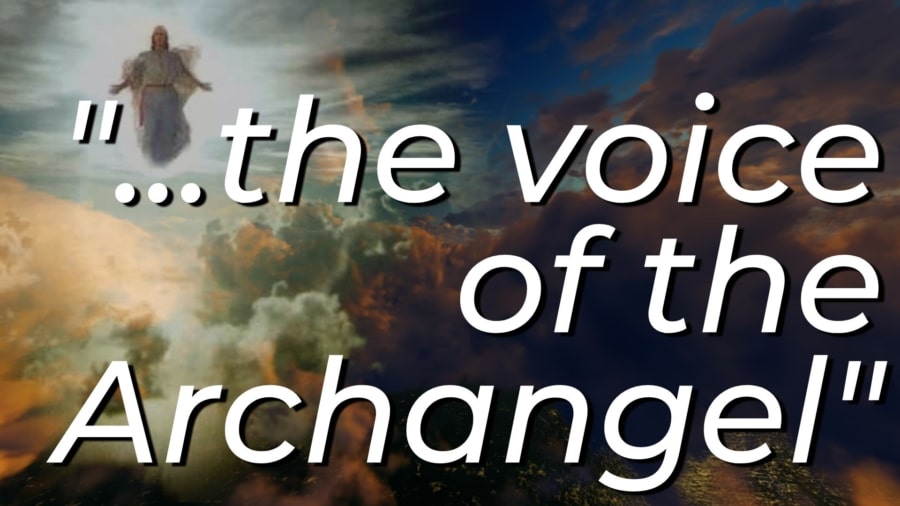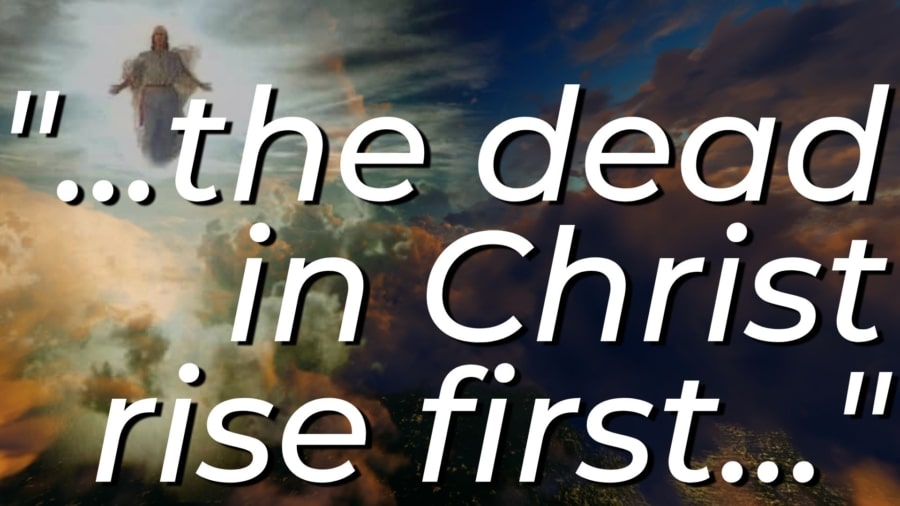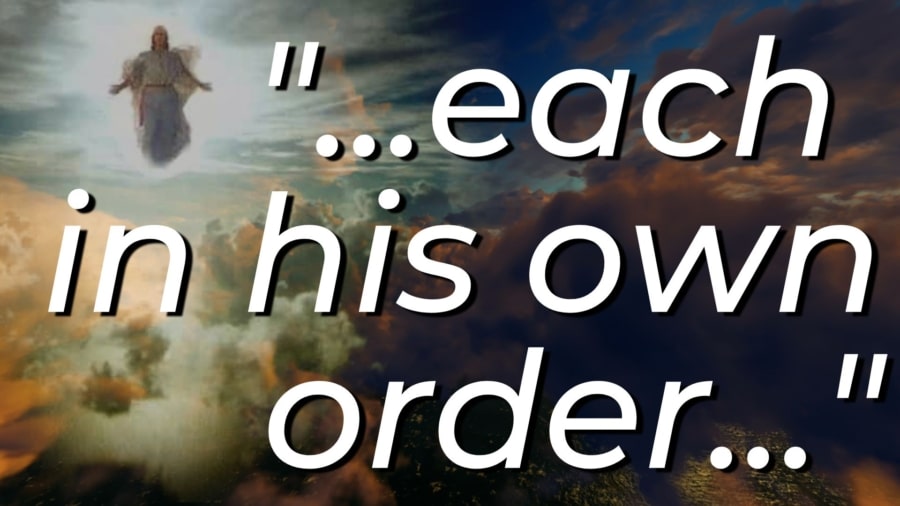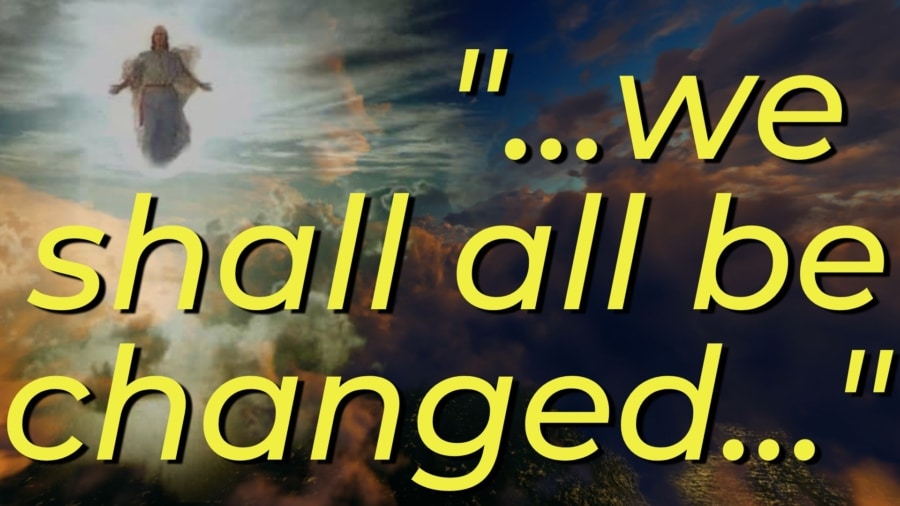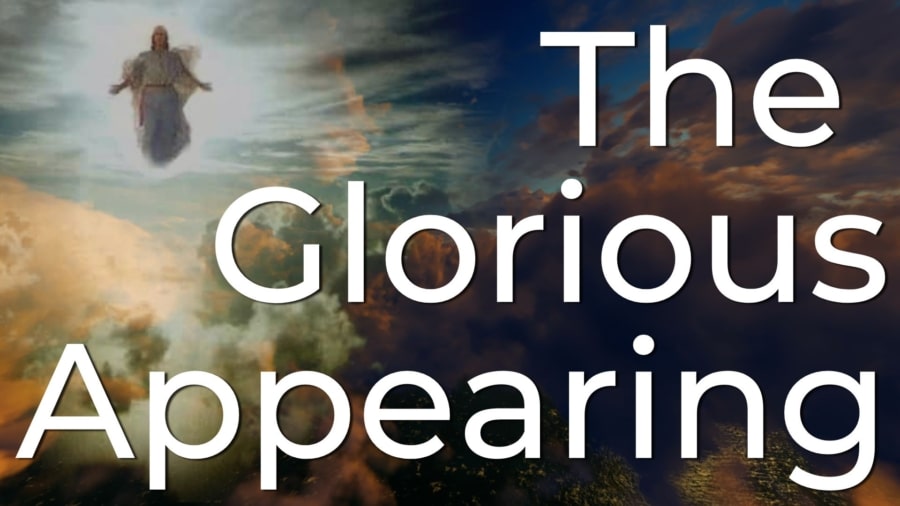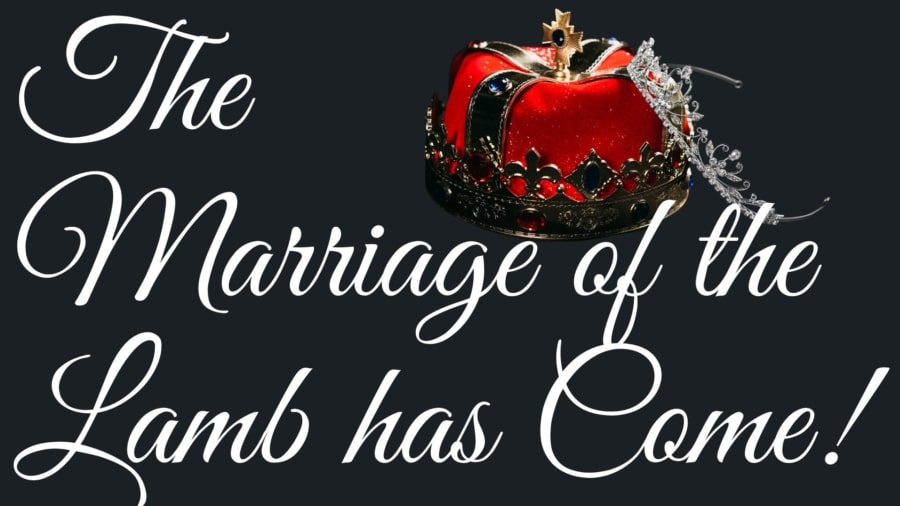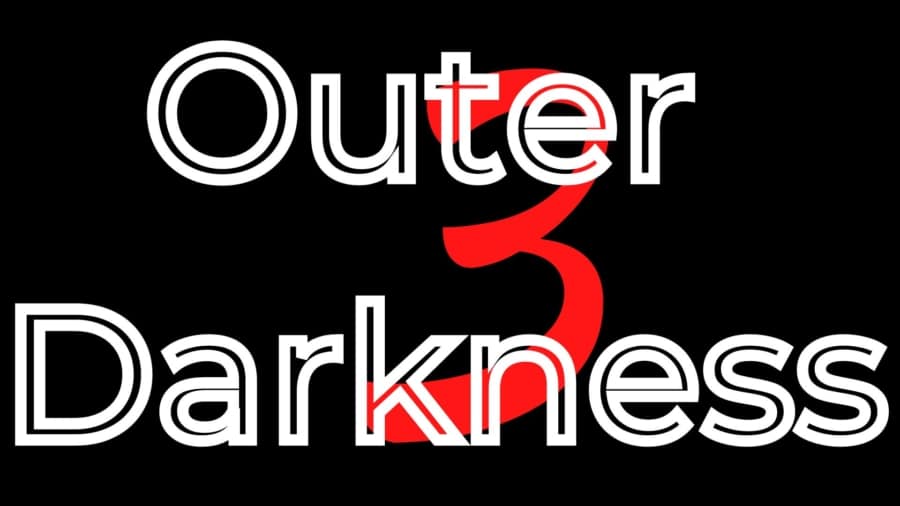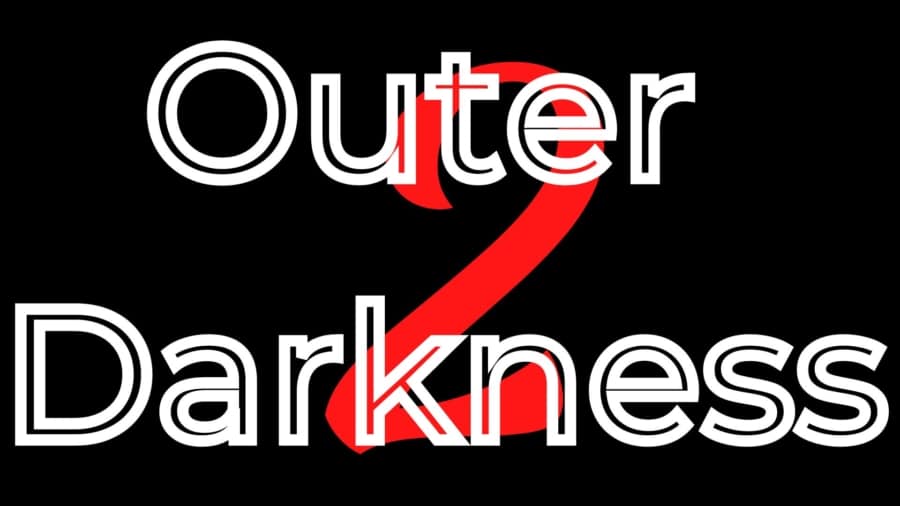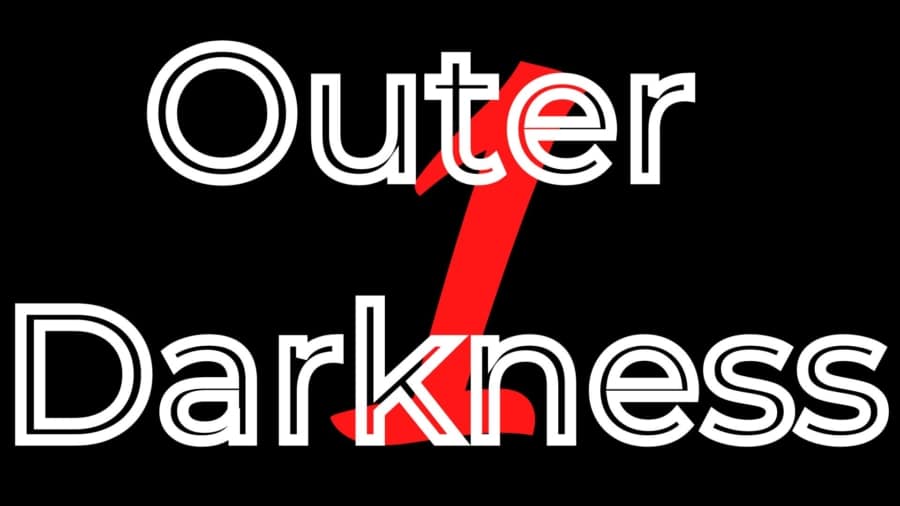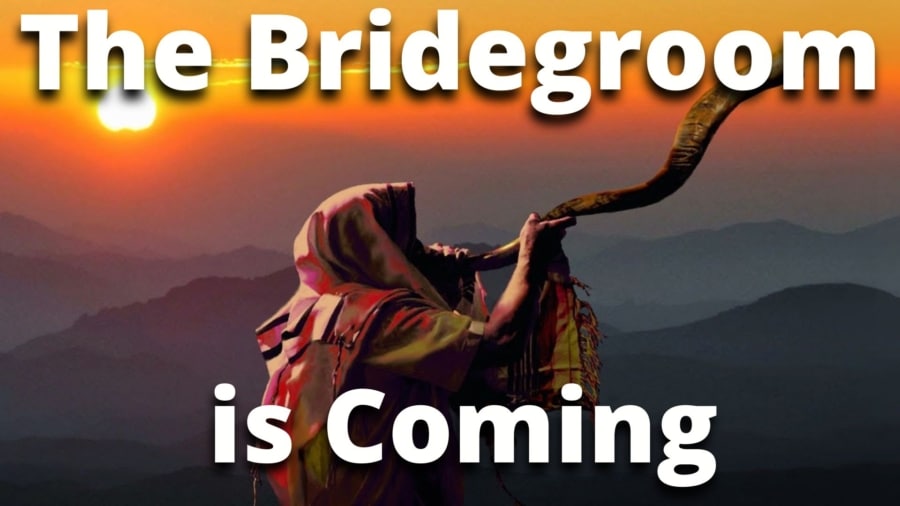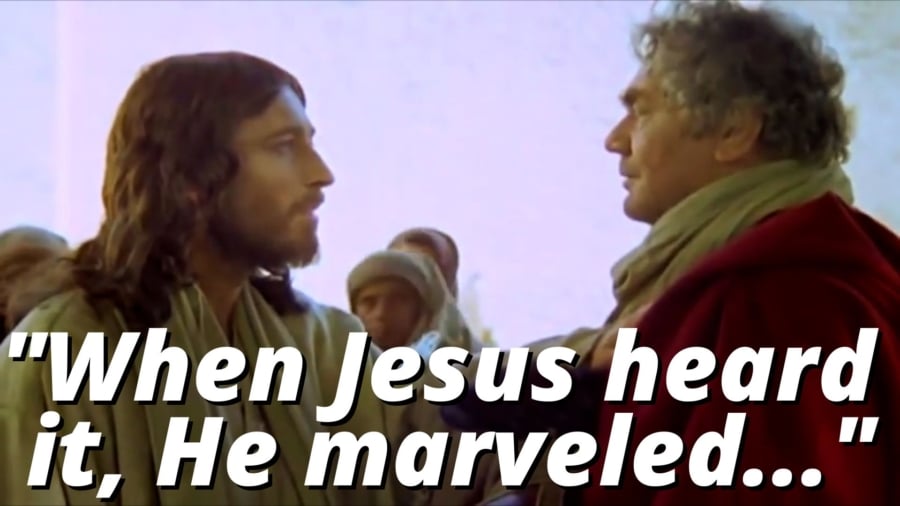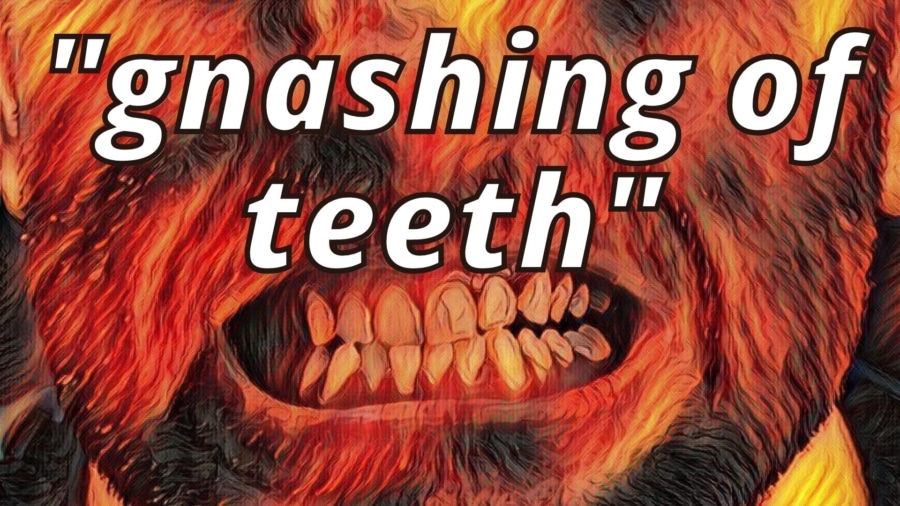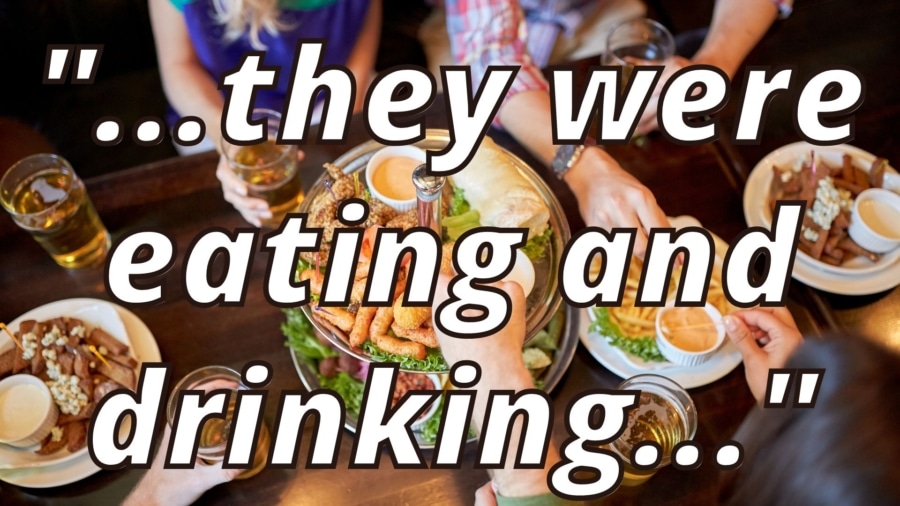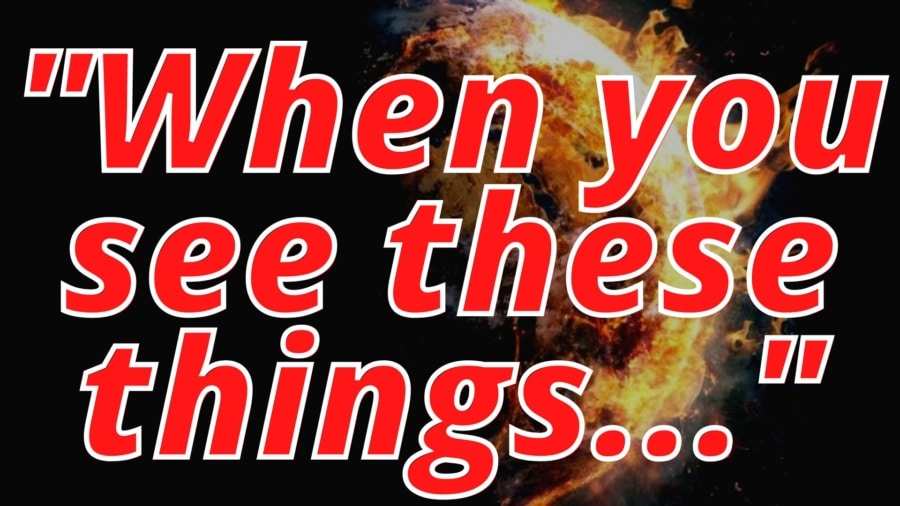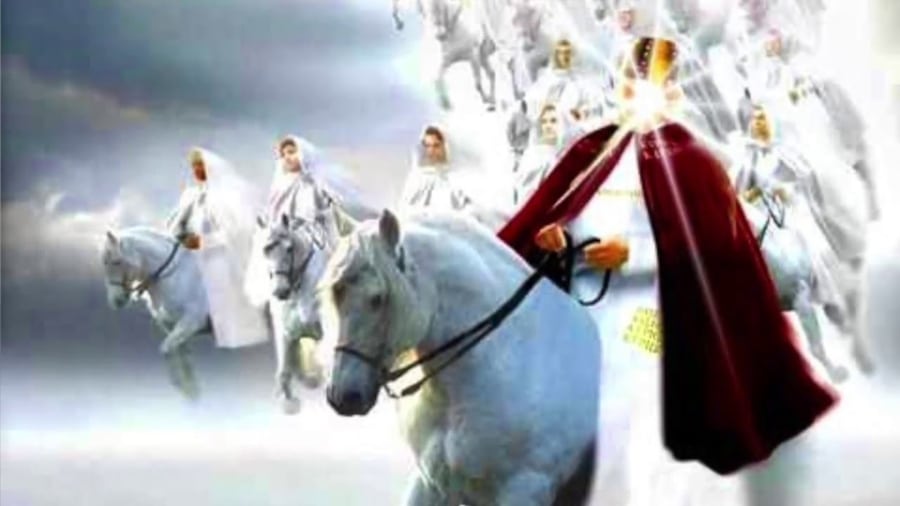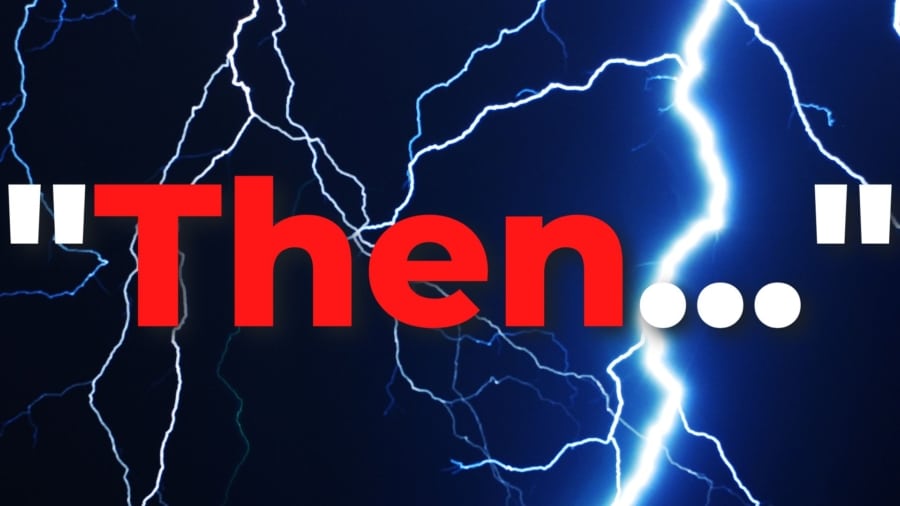Fellow Bible Students,
Enjoy the latest audio and video lessons posted recently:
Loading Content...
Share a Link to this Message
The link has been copied to your clipboard; paste it anywhere you would like to share it.
CloseGene Cunningham - September 8, 2022
Where's the Bride?
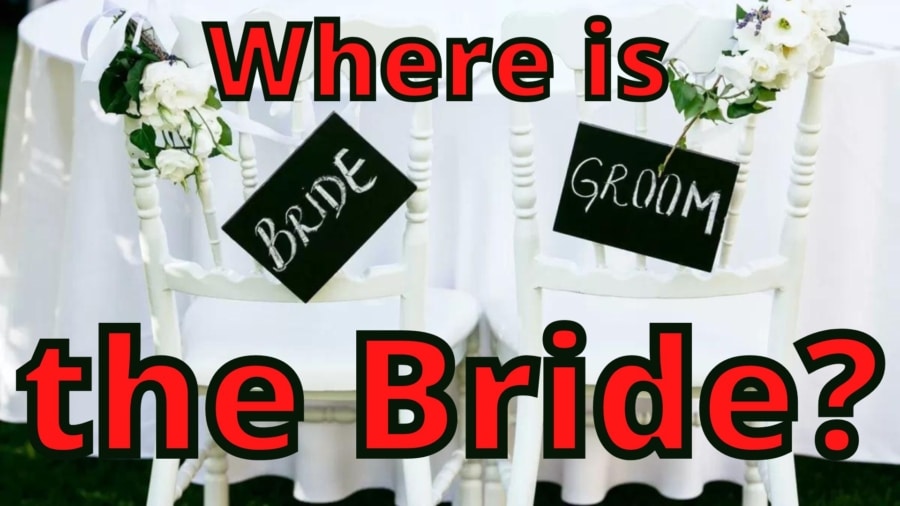
We have shown in previous videos, that when Jesus talks about throwing people into “the outer darkness,” He’s making a contrast between the fate of those without faith versus verses those with faith. This video examines Matthew 22:1-14, the Parable of the Wedding Feast. Who’s the King? Who’s the son? Why is the bride missing? Who are those that eventually come to the feast? In Matthew 22:1, Jesus is still talking to the chief priests and scribes and Pharisees, from Chapter 21. Were these guys, believers, or unbelievers? Unbelievers. He starts His parable, “The Kingdom of Heaven is like a certain king who arranged a marriage for his son. Who is the king? It's God, the Father. Who is the Son? Jesus Christ? Who is the bride? The church. The bride but isn’t even mentioned here, because the bride isn't around yet. Matthew 22:3 continues, “He set out his servants to call those who were invited,” Another way of translating the word “invited” is “called.” They were called. "... they were not willing to come.” This sounds like Matthew 23:37, where Jesus says in part, “How often I would have gathered you together, …but you were not willing.” The king is very patient. It says, “Again, he sent out other servants saying, ‘Tell those who are invited, ‘See, I have prepared my dinner, my oxen, my fatted cattle are killed and all things are ready. Come to the wedding.” The word “dinner” here means “breakfast” or “brunch.” This is important. This is not the wedding feast yet. Why not? The bride hasn't showed up. In the ancient world, the bride groom would only come and get the bride only when everything was ready (to include the feast). The anxious bride would run to meet the bridegroom with her trousseau or her hope chest. They would go to the place prepared, to the wedding feast. Meanwhile, the guests are showing up through the day and taken in and there was food for you. Jesus continues with the parable, “But they made light of it and they went their ways, one to his farm and another to his business. The rest seized his servants and treated them spitefully and killed them.” Matthew 22:7 says, “When the king heard about it, he was furious. He sent out his armies and destroyed those murderers and burned up their city.” What happened to Jerusalem? God sent an army to destroy the city. Verse eight continues, “Then he said to his servants, The wedding is ready, but those who were invited were not worthy.” Note, the Centurion from Chapter 8, because of his unworthiness, turns to faith, and the others don't. In the parable, the king says, “They were not worthy, therefore go into the highways.” This means the side roads, the gravel paths. “…as many as you find invite to the wedding.” These are not the normal guests that you would pick. Jesus uses this analogy because, in the mind of the Jewish people, the Gentiles, as one rabbi said, “are fit only to ignite the flames of hell.” Jesus pictures a people who are blind, crippled, and deaf to shock his audience. The parable says, “The servants went out on the highways, and they gathered together, all whom they found both bad and good.” This is bad and good in human estimation not God’s. God knows that all of us are bad and that there's only one thing that makes us good. And that's Christ. “The wedding hall was filled with guests.” Is the guest and the bride the same thing? Some preach this that way. Here's the controversy. “When the king came in to see the guests, he saw a man there who didn't have on a wedding garment. So he said to him, friend, how did you come in here without a wedding garment?” According to the custom of the day, it was the king's responsibility to provide the guests with a wedding garment. What does the wedding garment picture? Imputed righteousness. We'll explain in the next video. It says, “The man was speechless. So the king said to the servants, 'Bind him hand and foot and take him away and cast him into outer darkness. There will be weeping and gnashing of teeth.'” Here, “the outer darkness, the weeping and wailing and gnashing of teeth” refers to the same thing as with the four other Matthew passages. Matthew 24:14 ends the parable, “For many are called, but few are chosen.” Who are “called?” All. Who are chosen? Only those who respond to the call. When God the Father chose Christ the Son to go to the cross for sinful man; He automatically chose all who would be in Christ (Ephesians 1:4). All who would believe.
Related Topics: Parables, Prophecy, Second Coming | More Messages from Gene Cunningham | Download Audio
More From "Jesus' Roadmap for the Future"
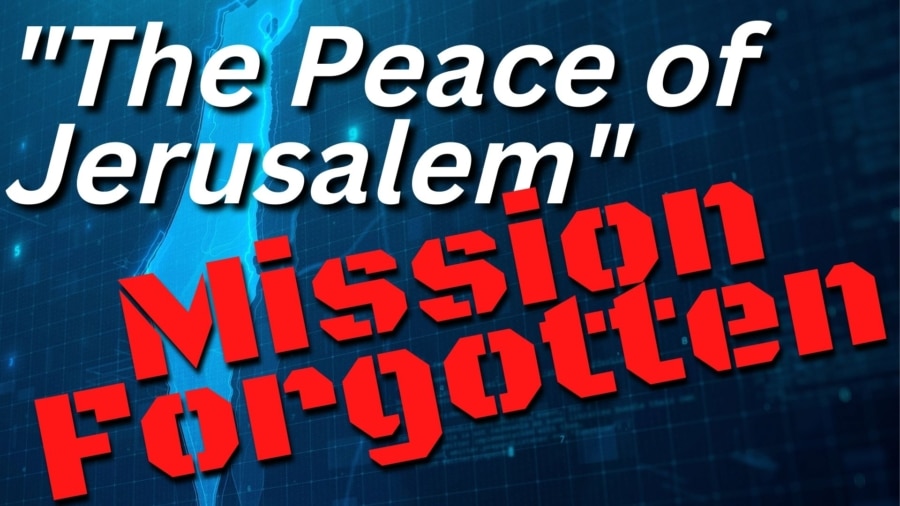
November 23, 2022
"Pray for The Peace of Jerusalem" -- Mission Forgotten
Gene Cunningham
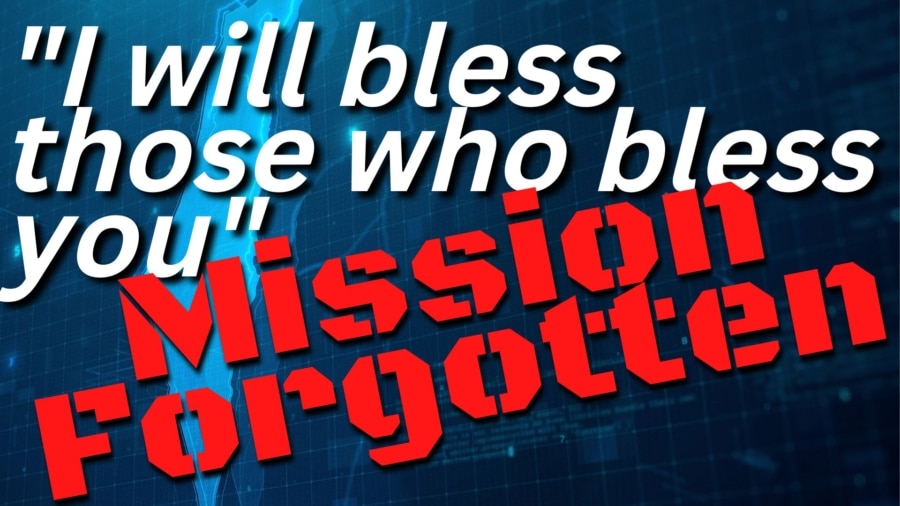
November 16, 2022
"I will bless those who bless you" -- Mission Forgotten
Gene Cunningham


